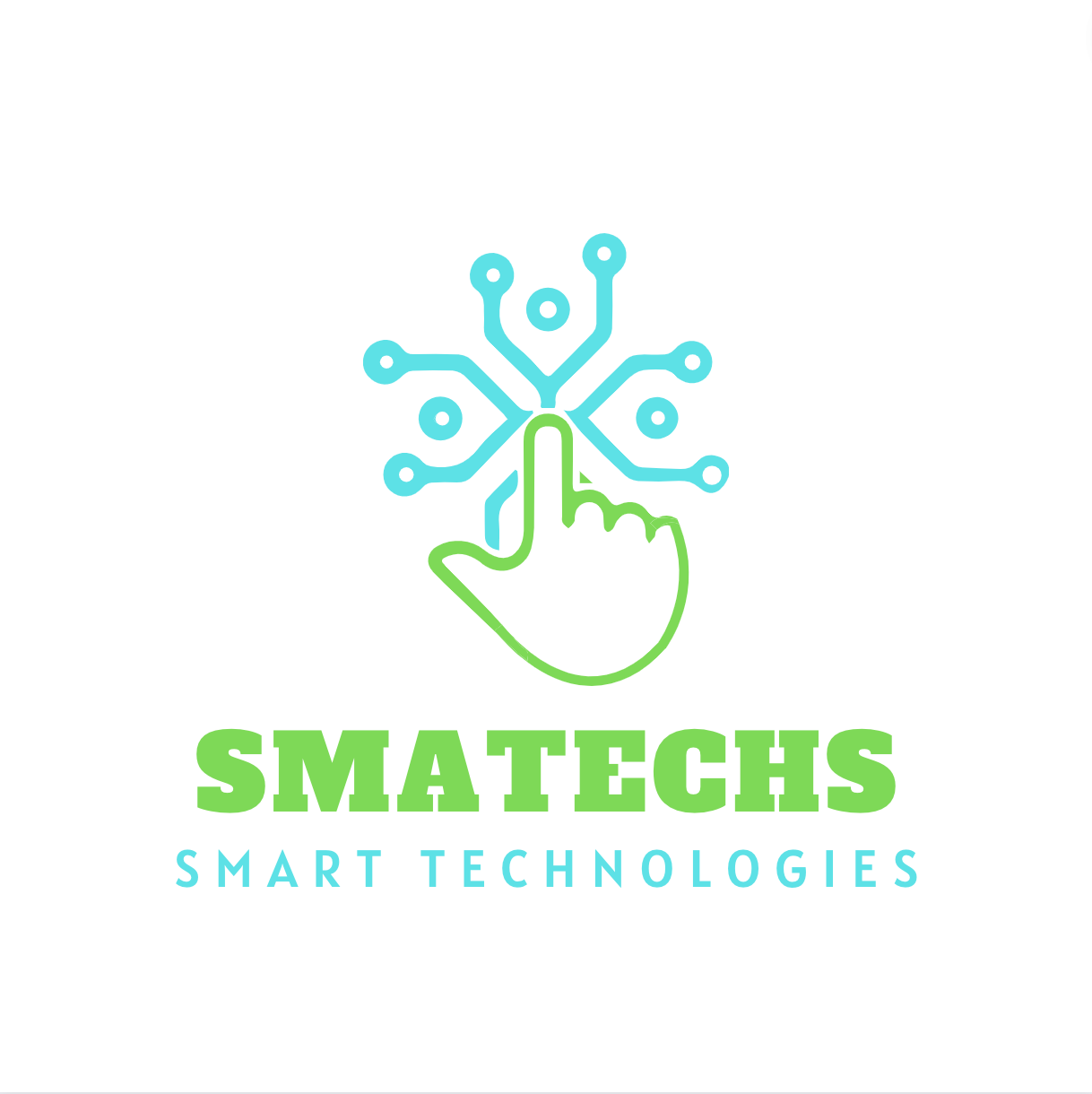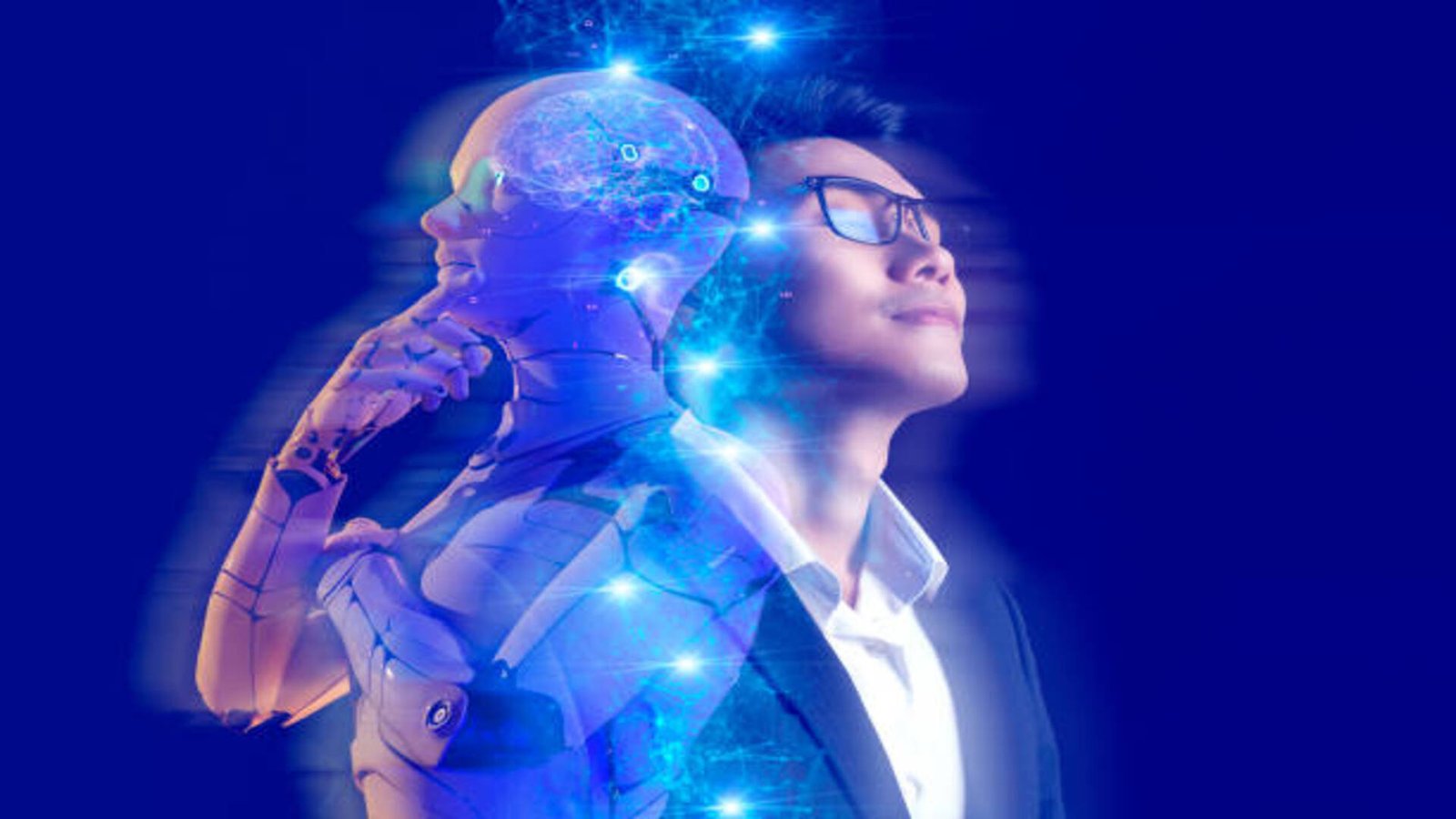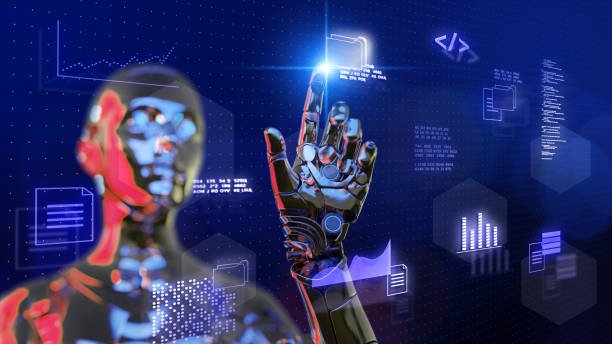Generative AI: Revolutionizing Creativity and Innovation

In the rapidly evolving landscape of artificial intelligence, generative AI stands out as a transformative technology. From creating art and music to designing products and writing code, generative AI systems are pushing the boundaries of what machines can achieve. This article explores the concept of generative AI, its applications, and its potential impact on various industries.
What is Generative AI?
Generative AI refers to a class of algorithms that can produce new content based on the data they have been trained on. Unlike traditional AI, which typically analyzes data to recognize patterns and make decisions, generative AI creates new data that is similar to its training data. These systems leverage advanced machine learning techniques, particularly neural networks, to generate text, images, audio, and more.
How Does Generative AI Work?
Generative AI models, such as Generative Adversarial Networks (GANs) and Variational Autoencoders (VAEs), operate through complex architectures. GANs consist of two neural networks: a generator and a discriminator. The generator creates new data, while the discriminator evaluates its authenticity. Through iterative training, the generator improves its ability to produce realistic data. VAEs, on the other hand, encode data into a latent space and then decode it to generate new data, allowing for controlled and interpretable generation processes.
Applications of Generative AI
- Art and Creativity:
- Generative AI is revolutionizing the art world by creating stunning visuals and artworks. Artists and designers use AI tools to explore new creative avenues, generating paintings, sculptures, and digital art that challenge traditional boundaries.
- Music Composition:
- AI-generated music is gaining traction, with algorithms capable of composing original pieces in various styles. These systems can assist musicians in exploring new genres, harmonies, and compositions, enhancing their creative process.
- Content Creation:
- In the realm of text generation, AI models like GPT-4 can write articles, stories, and even poetry. These tools are being used in journalism, marketing, and entertainment to produce high-quality content efficiently.
- Fashion and Design:
- Generative AI is transforming fashion by designing unique clothing and accessories. Designers use AI to generate innovative patterns and styles, leading to personalized and avant-garde fashion collections.
- Gaming and Virtual Environments:
- In the gaming industry, AI-generated environments and characters are creating more immersive and dynamic experiences. Game developers leverage AI to design expansive worlds and intricate narratives that adapt to players’ actions.
- Healthcare:
- In healthcare, generative AI is being used to develop new drug compounds and simulate biological processes. This accelerates the discovery of treatments and improves the understanding of complex diseases.
Ethical Considerations and Challenges
While generative AI offers immense potential, it also raises ethical concerns and challenges. Issues such as data privacy, intellectual property rights, and the potential for misuse of AI-generated content need careful consideration. Ensuring that AI systems are transparent and accountable is crucial to maintaining public trust and preventing harmful applications.
The Future of Generative AI
The future of generative AI is promising, with continuous advancements in algorithmic capabilities and computational power. As AI becomes more integrated into various industries, it will undoubtedly drive innovation and creativity to new heights. Collaboration between human creativity and AI’s generative capabilities can lead to groundbreaking developments across fields.
Conclusion
Generative AI is more than just a technological advancement; it is a catalyst for creativity and innovation. By harnessing the power of AI to generate new content, we are entering an era where the possibilities are limited only by our imagination. As we continue to explore and refine these technologies, the impact of generative AI will be felt across all aspects of society, reshaping industries and redefining the boundaries of human creativity.




